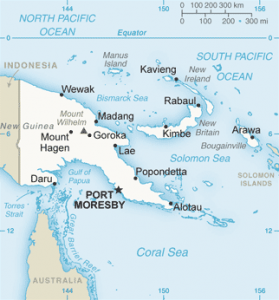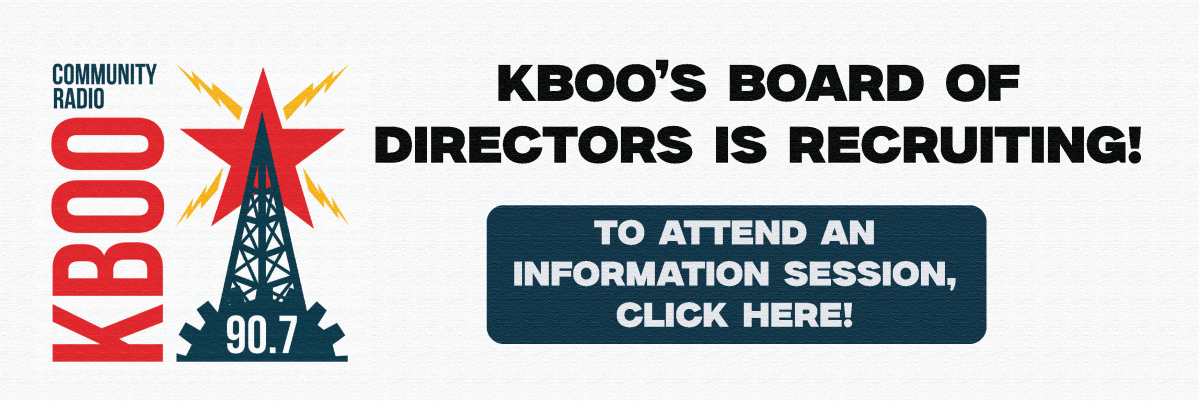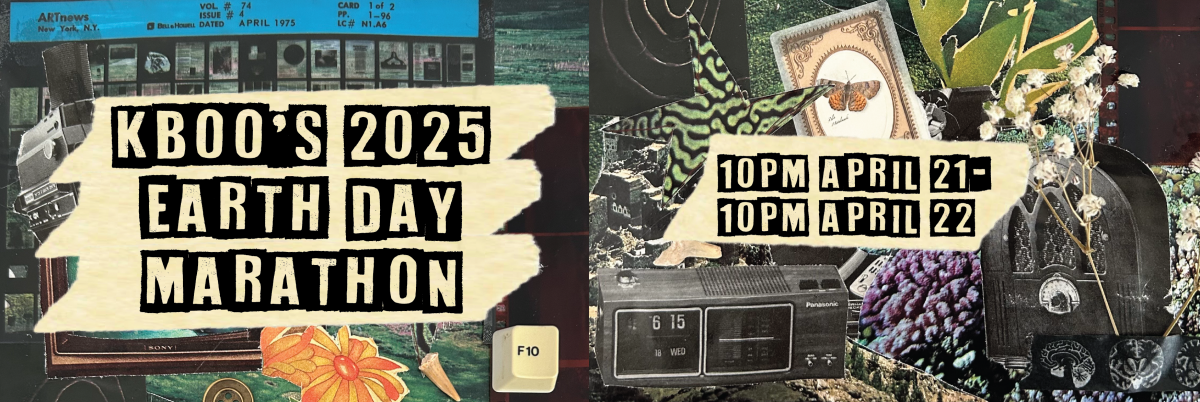
One of the major threads of this project is an attempt to connect us as listeners to our ears and our lives a little bit more.
A literal threshold shift is when your hearing perception changes while moving between environments with drastically different volume levels. Most often a threshold shift occurs in loud environments, like concerts, where your ears tighten their interior muscles in an attempt to protect themselves and thus your hearing. When you walk into a quieter environment afterwards, you cannot always hear as well as you could prior to being in that loud space. Many times you may not be able sense this shift happening, you only notice after the fact when your hearing is, more or less, desensitized.
The idea behind this show was to cause a different sort of threshold shift by creating a space on the air for it to potentially happen. The kind of threshold shift we're aiming for is a shift downwards, making our ears more sensitive and thus able to perceive more things in the world. This is especially important since the earth we currently exist within is much louder than that of our grandparents or great-grandparents, we simply didn't evolve to live in noisy places. Yet we can adapt to this ambient volume so easily that some people no longer feel comfortable in a naturally quiet setting, if they can even access one. With this many people living in large cities or near facilities that contribute to higher man-made environmental noise, it's hard for folks to know what they are missing. That makes it even harder to realize human-made sound's potential impact on our bodies and the environment. Light pollution works similarly. There are many people who grow up never seeing more than a few stars, let alone the Milky Way, just as there are many people who grow up in areas where they will never be able to hear the subtle sounds of nature over the din of the everyday.
So I'd like us to think about, and perhaps appreciate more, our own place in the various sonic neighborhoods we inhabit. Whether it's the place we grew up, where we live now, or the places we seek out intentionally or unintentionally to sit and just “get away from it all." The sounds of these places form our ecology just as much as we iinfluence those sounds. They are as much a part of our habitat as the plants growing around us, the types of rocks under our feet, or the amount of rain we get in a given season. In fact, environmental sounds tell us a lot about all of these things in our habitats...if we're fortunate to be in a quiet spot.
Today we are going to a neighborhood far from large cities, in the South Pacific on the Island of New Britian in Papua New Guinea. This recording from the Walindi Plantation Resort in the village of Kimbe was recorded by Farhad Shah-Hooseini on his many world travels. There's a lot going on in this soundscape so I challenge you tocount the number of different sounds you hear. Or as one prominent acoustic ecologist, Gordon Hempton, might put it, ask yourself how far can you hear? 5 inches, 5 feet, 5 miles? Just as the number of visible stars in the sky can tell you the relative light pollution level, the number of sounds you can hear and from how far away you can hear them is a good marker of an area's noise pollution level. And just like those who see the Milky Way for the first time, being able to truly hear a place can be a pretty revelatory experience.
Walindi Plantation Resort, Kimbe, New Britian, Papua New Guinea
Recorded by: Farhad Shah-Hooseini
Recording Notes: "There was a mangrove right next to my cabin which was at the very end of the resort so, on one side, there were no other properties or human activity. You can hear all kinds of frogs, birds and of course geckos."
Equipment: Sennheiser MKH 30 & 40 mics. Fostex DC-R302 recorder. All in a stereo Rycote blimp with a long-haired windscreen on a microphone stand; I was sitting 30’ away with my headphones. MS-Stereo recording.
If you missed this week's long-play episode or our News from the Boo interview, you can find the audio archived online at kboo.fm. Join us next Friday at 10 AM for another episode of Threshold Shift where we'll give the mic to nature and amplify earth. Threshold Shift is a Resident Sound Artists series sponsored by KBOO 90.7 FM Portland and streaming online at kboo.fm. Our next long form episode will be Wednesday, Oct 18th from 12am-3 am and feature sounds from the Central African Republic and Queensland, Australia.
- KBOO




